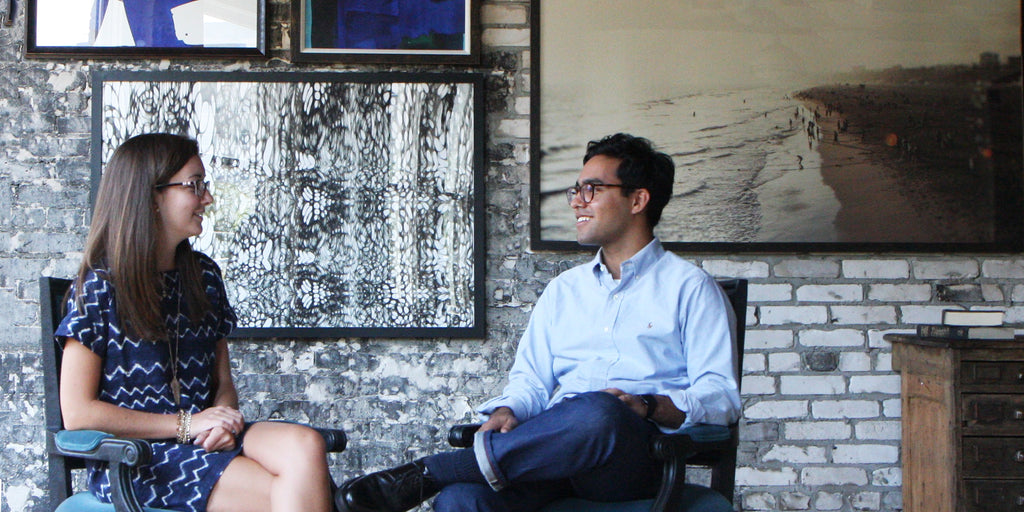
Isolation is one of the greatest pains of our existence. In fact, it's the worst allowable kind of punishment. Solitary confinement is used only as a last resort in the civilized world. Saved for all but the hopeless savages of humanity. I imagine that solitary confinement will be seen centuries from now as we see medieval torture treatments. The point is that isolation hurts. It is one of the greatest instinctual fears of mankind. To be cast out of the tribe meant certain death and our DNA's tell us to avoid it at all costs. Yet isolation is where our lives are increasingly headed towards.
Technology is one of the greatest disrupters to our social order. Facebook has allowed us to connect in ways we never thought possible, but it also replaces a way of connecting that becomes more and more foreign. The “leave it to beaver’ world never existed anyways, so we won’t be returning, but we must keep our social needs in mind before dispensing with all other forms of communication. With Amazon I can buy everything I need without having to interact with anyone. Texting too has great utility, but it can not replace the intimacy of personal connection with another person.
The Oxford Exchange is an attempt at providing a space that nurtures this type of interaction. A space designed to make you feel good about yourself and your fellow man. A place where you are never alone, where fear of isolation slips away. All of its components were carefully crafted in order to facilitate human connection, where it's easier to be the best version of ourself, rather than our worst.
The Orbs on top of the building signify sovereignty and sovereignty means surrender. Surrendering ourselves for the greater good. As Thomas Hobbes wrote 400 years ago, mankind is brutal by nature and we must submit by contract to the common wealth of mankind. This is done with the selfish intent of living better lives. Economists call this a Pareto Equilibrium, where if we are not forced to cooperate we will choose a lesser outcome for all. Anarchy is another good example of the disastrous effects of total noncooperation.
Today's world doesn't look like the obvious brutal world of the 1660's. In the world of Hobbes, it was clear what the damage of pursuing one's selfish instincts got you. Today's world is much more subtle, complex, and paradoxical. Isolation now comes in forms of physical perception, technological addictions, perfectionism, and a host of psychological disorders. Sure we still have plenty of the seven deadly sins (most notably pride), but today's pains are not easily treated with yesterday's cures.
The Oxford Exchange is an attempt at a 21st century cure. It's a space that helps bring us back together as we are busy pursuing interests that take us further and further afield. For those of us that have a hard time communicating, it provides a voice and an ear. For those that need direction, it offers guidance. For those of us that need an audience, it allows us to perform. For those that collect, it provides willing collectibles. Nourishment comes in many forms but let's not forget great food. There has to be great food and great drink. We have both at the OE and all of this comes from the benefit of surrender. We surrender our most primal interests for a greater good. We do this with decency. We do this with grace and we do it not knowing what good will come. Just the faith that it will.
Hobbe's world may have been more brutish than our own, but the pain of isolation is just as real as it was back then. We all have the need of our fellow man. The Oxford Exchange is where you can find him. After all, even monks pray together.
Blake Casper
